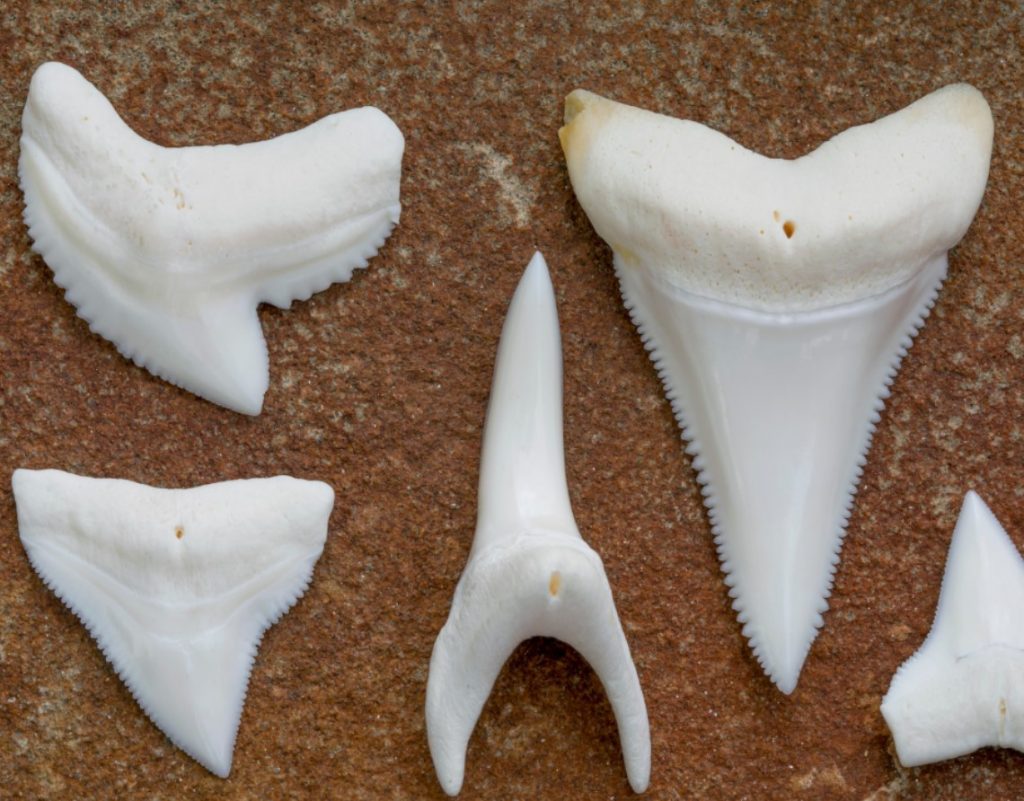Sea turtles are among the most emblematic and charismatic marine species, which contributes to their widespread popularity. Moreover, they provide a range of ecosystem services, such as maintaining the productivity of coral reef and seagrass habitats, balancing the food chain, and transporting nutrients from the ocean to the coast. These factors make sea turtles incredibly special and of great importance to the overall health of the ocean.

Threats to sea turtles
Unfortunately, sea turtles worldwide are experiencing rapid declines and facing enormous pressures. Currently, six out of the seven species are considered to be in danger of extinction. The decline in sea turtle populations can be attributed to various global issues, including poaching and overexploitation, pollution, habitat destruction, and accidental entanglement in fishing operations. However, an increasingly significant threat is posed by global warming resulting from climate change.
Temperature-dependent sex determination:
Sea turtles, like many other egg-laying reptiles, do not have sexual chromosomes to determine their sex. Instead, the sex of turtle hatchlings depends on the temperature at which the eggs are incubated, a phenomenon known as temperature-dependent sex determination. Although the underlying mechanisms are not yet fully understood, researchers have demonstrated that if a turtle’s eggs incubate below 27.7°C (86.86°F), all the hatchlings will be male. On the other hand, if the eggs incubate above 31°C (88.8°F), all the hatchlings will be female.
Why is climate change harmful to sea turtles?
Currently, the average ratio of males to females per nest is approximately 95% females to 5% males. As the Earth’s temperature increases due to climate change, this imbalance can become even more skewed, leading to an even higher proportion of females. This can disrupt the natural sex ratios of sea turtle populations, making it increasingly difficult for them to find mates and reproduce, ultimately threatening their long-term viability.

Potential solutions
Despite the challenges, there is hope. Researchers worldwide have been exploring various strategies to mitigate the effects of rising temperatures, and some have shown promising results. These include methods such as sprinkling water on the nests, providing shade, and dividing nests to reduce the overall metabolic heat of the eggs.
By implementing these innovative approaches and raising awareness about the importance of sea turtle conservation, we can work towards safeguarding these remarkable creatures and ensuring their continued survival in our oceans.



